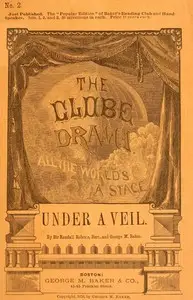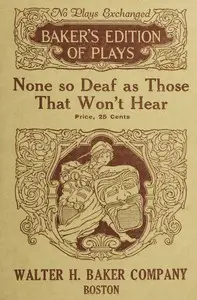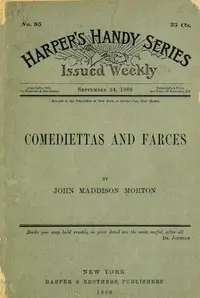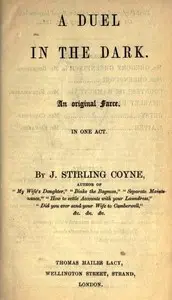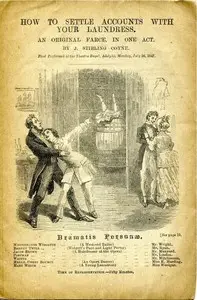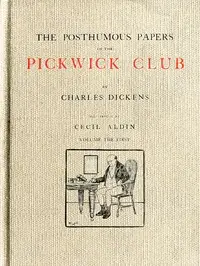"What Will They Say at Brompton? A Comedetta, in One Act" by J. Stirling Coyne is a funny one-act play that takes place possibly in the 1800s. The story is all about love, when people get the wrong idea about each other, and the funny stuff that can happen when you travel. It's like a look at how people act at home versus when they're on an adventure. It centers on Samuel Todd, as he gears up for a trip to another continent with his wife, Laura, but gets mixed up in a bunch of silly events. He gets confused and thinks he somehow has two wives – Laura and a village girl named Marietta that he falls for on the trip. He then finds himself with bandits and believing he may have been unfaithful to his wife. The play is funny because of the smart jokes and crazy scenes. In the end, Todd learns some funny lessons about love, being faithful, and how travel can be ridiculous, all while worrying about what people back home in Brompton might think.
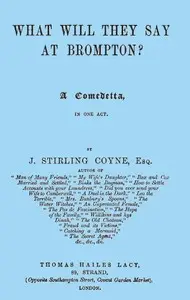
What will they say at Brompton? A Comedetta, in One Act.
By J. Stirling (Joseph Stirling) Coyne
Mistaken for a two-timer, a traveler confronts brigands and his fear of gossip.
Summary
About the AuthorJoseph Stirling Coyne (1803–1868) was a humorist and satirist in the tradition of Jonathan Swift and Alexander Pope. One of the most prolific British playwrights of the mid-nineteenth century, he wrote more than sixty plays; his twenty-seven farces are surpassed in number only by John Maddison Morton's ninety-one and T. J. Williams's thirty. Coyne brought to the stage accomplished comedic interchanges, puns, irony, exaggerated character traits, ludicrous plot situations, and surprising outcomes. His plays reveal a deft ear for dialogue and an ability to create characters suited to the talents of specific actors. As a journalist Coyne contributed humorous pieces to many widely circulated journals and newspapers.
Joseph Stirling Coyne (1803–1868) was a humorist and satirist in the tradition of Jonathan Swift and Alexander Pope. One of the most prolific British playwrights of the mid-nineteenth century, he wrote more than sixty plays; his twenty-seven farces are surpassed in number only by John Maddison Morton's ninety-one and T. J. Williams's thirty. Coyne brought to the stage accomplished comedic interchanges, puns, irony, exaggerated character traits, ludicrous plot situations, and surprising outcomes. His plays reveal a deft ear for dialogue and an ability to create characters suited to the talents of specific actors. As a journalist Coyne contributed humorous pieces to many widely circulated journals and newspapers.

